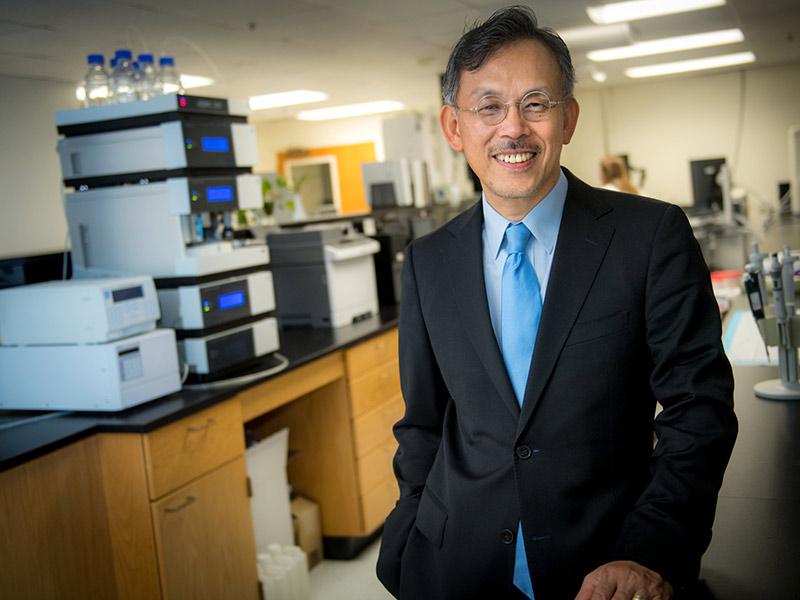Tulane professor elected to National Academy of Medicine for his global impact in cardiovascular disease research

Tulane epidemiologist and professor Dr. Jiang He has been elected to the National Academy of Medicine — one of the highest honors in the fields of health and medicine — for leading hypertension research that has helped transform cardiovascular disease prevention efforts across the globe.
Election to the Academy recognizes individuals who have demonstrated outstanding professional achievement and commitment to service. He is the Joseph S. Copes Chair of Epidemiology at Tulane University School of Public Health and Tropical Medicine and director of the Translational Science Institute.
“Dr. Jiang He's election to the National Academy of Medicine is a testament to his extraordinary dedication and the global significance of his groundbreaking work in preventing hypertension and cardiovascular disease,” said Thomas LaVeist, dean of Tulane University School of Public Health and Tropical Medicine and Weatherhead Presidential Chair in Health Equity. "Jiang is among the most impactful researchers to have ever been a part of Tulane University. His election to the NAM is recognition of his national and global impact.”
“Dr. He embodies Tulane’s core values in pursuing knowledge for the greater good through his discoveries and breakthroughs in a field that literally touches every human heart,”
— President Michael A. Fitts
He has published landmark studies documenting key determinants for cardiovascular disease in the United States, China and elsewhere. He also designed and rigorously tested highly effective and scalable interventions that can help patients in resource-constrained areas better control their high blood pressure and lead healthier lives.
“This honor recognizes not only Dr. He’s excellence as a teacher and mentor to a generation of public health leaders but also the transformative influence his research has had on cardiovascular disease prevention efforts across the world,” said Robin Forman, senior vice president for academic affairs and provost at Tulane. “His unwavering commitment to improving public health has earned Dr. He a well-deserved place among the elite in the field of health and medicine."
Much of He’s career has focused on translational research, which translates basic science findings “from bench to bedside” to improve patient care and implementation research, which aims to integrate evidence-based practices, interventions and policies into routine health care and disease prevention.
“Dr. He embodies Tulane’s core values in pursuing knowledge for the greater good through his discoveries and breakthroughs in a field that literally touches every human heart,” Tulane President Michael A. Fitts said. “This honor adds to a growing recognition of Dr. He’s global contributions and the promise of his future endeavors.”
He has received more than $200 million in research funding from the National Institutes of Health for more than 50 different research projects and has served as principal investigator or multi-principal investigator of 24 NIH-funded projects with total costs exceeding $98 million. He has published more than 700 peer-reviewed scientific articles which were cited more than 150,000 times in scientific literature. He is one of the most cited researchers across Tulane University, where he led the Department of Epidemiology for two decades as chair.
The National Academy of Medicine elected 90 regular members and 10 international members during its annual meeting this month.
Originally established as the Institute of Medicine in 1970 by the National Academy of Sciences, the National Academy of Medicine addresses critical issues in health, science, medicine, and related policy and inspires positive actions across sectors. NAM works alongside the National Academy of Sciences and National Academy of Engineering to provide independent, objective analysis and advice to the nation and conducts other activities to solve complex problems and inform public policy decisions.
